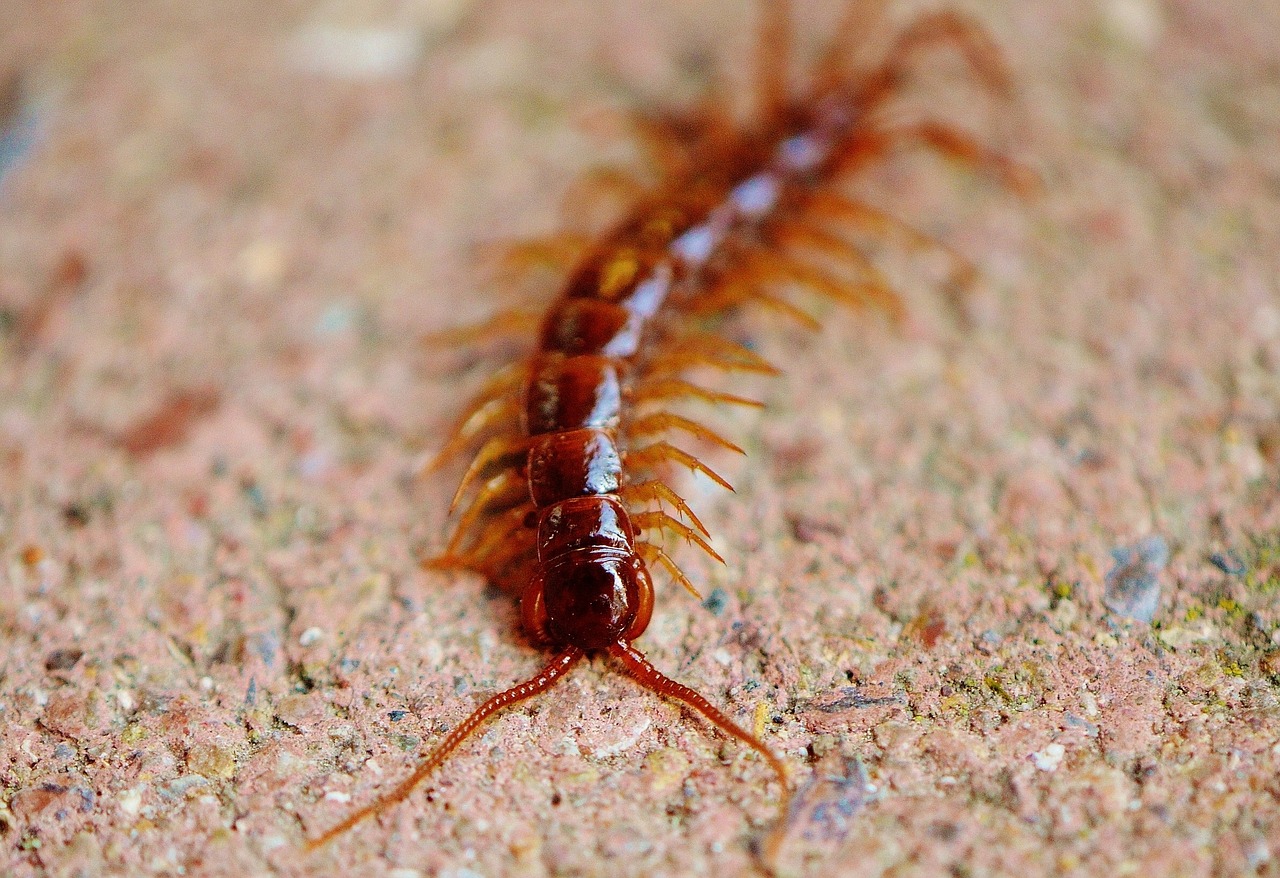Researchers have identified the lethal toxin that centipedes use to disable, kill and eat prey that are much larger than them.
When centipedes bite, they excrete venom that causes swelling and pain. For smaller mammals like mice, one bite can be deadly. Centipedes are one of the few predators that eat animals larger than them, due to the unusual venom they excrete, The Washington Post reports.
Shilong Yang, an expert in venom and toxins at the Kunming Institute of Zoology in China, said,
Comparison is difficult to establish among venomous animals because of their preying habit.
But as far as he knows, the centipede holds a record, as it can capture prey 15 times its own body weight in as little as 30 seconds.
Yang and fellow researchers identified the toxin present in centipedes by isolating a molecule in the venom, which they named Ssm Spooky Toxin. The golden head centipede in China has the scientific name Scolopendra subspinipes mutilans, hence the Ssm.
The toxin puts a stop to the movement of potassium in animal cells. Potassium is needed to control muscle contractions and to keep mammals breathing, but the toxin blocks this flow. Since there are many potassium channels in a body, the venom “has evolved to simultaneously disrupt cardiovascular, respiratory, muscular and nervous systems,” Yang said. “This molecular strategy has not been found in other venomous animals.”
The study theorizes that the toxin stops blood flow to the heart, leading to heart failure and death.
Human deaths caused by centipede bites are very rare. As of 2006, only three recorded cases exist, according to a medical report in the Emergency Medical Journal. However, the bites can be very unpleasant. In Hawaii, for example, centipede bites send people to emergency rooms, similar to bee and wasp stings.
The study was published in the Proceedings of the National Academy of Sciences.
























